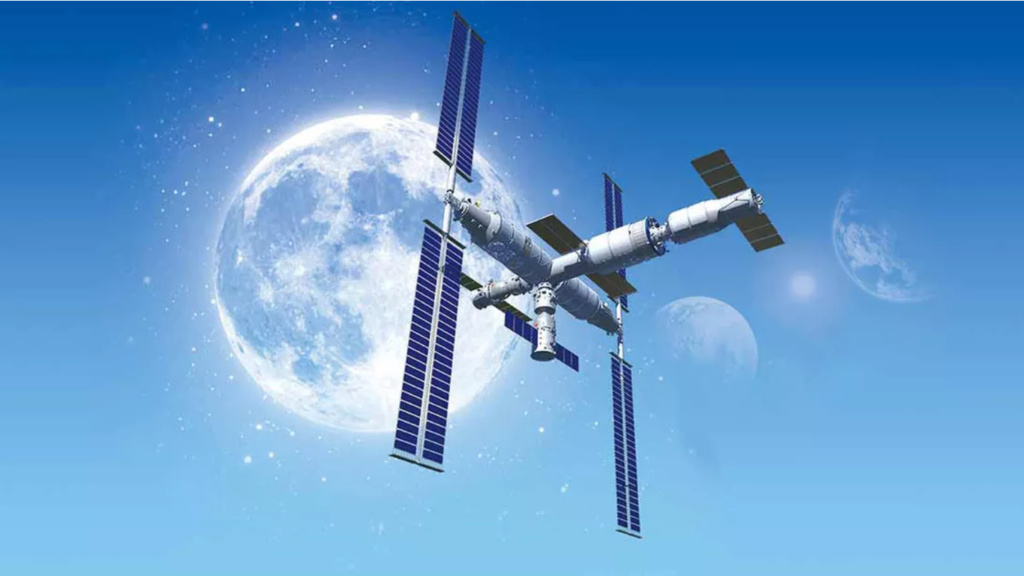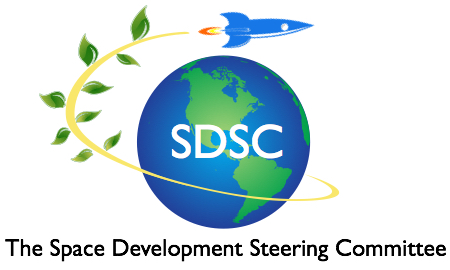By Howard Bloom

China has upped the ante in its race to overtake the United States as the world’s leading space power.
In early July, the Chinese launched three rockets to orbit in a mere week, a remarkable achievement.
In addition, China has announced that its state-run rocket firms will have a total of 40 rocket launches to orbit this year, and that, in addition, there will be orbital launches from as many as five new Chinese “privately-owned” rocket companies— Landspace, iSpace, Deep Blue Aerospace, Expace and CAS Space.
In 2020, the United States led the world with 44 successful launches. China only had 35. And China clearly means to reverse that.
But China may have a hard time. America’s leading launch provider, SpaceX, has already notched 20 successful flights to orbit in the first half of this year.
Meanwhile, China has announced that it will put Chinese citizens on Mars in 2033. NASA currently has no practical Mars programs.
China has also indicated that it will use copies of Elon Musk’s upcoming Super Heavy booster to launch satellites that will harvest solar power in space and transmit it to earth. Which would make China the first nation to harvest the resources of the skies to enrich the earth. And which would make China the world’s leading energy provider. Provider of energy that produces no greenhouse gases. Power that can end the man-made contribution to global warming. Utterly.
Then there’s China’s plan to build a research station on the Moon in collaboration with Russia.
And the fact that China currently has three Taikonauts on the new space station it is building, a station it plans to be the only habitat in orbit by 2024 when NASA’s International Space Station is abandoned
If all of these plans come to pass, and if NASA fumbles the ball on its program to put the first woman on the moon by 2024, America could easily lose this new space race to the Chinese.
______
Howard Bloom is founder and chair of the Space Development Steering Committee, co-founder and co-chair of the Asian Space Technology Summit, and the author of seven books of original scientific thinking, one of which, Global Brain, was the subject of a symposium thrown by the Office of the Secretary of Defense with participants from the State Department, the Energy Department, DARPA, IBM, and Mit.
